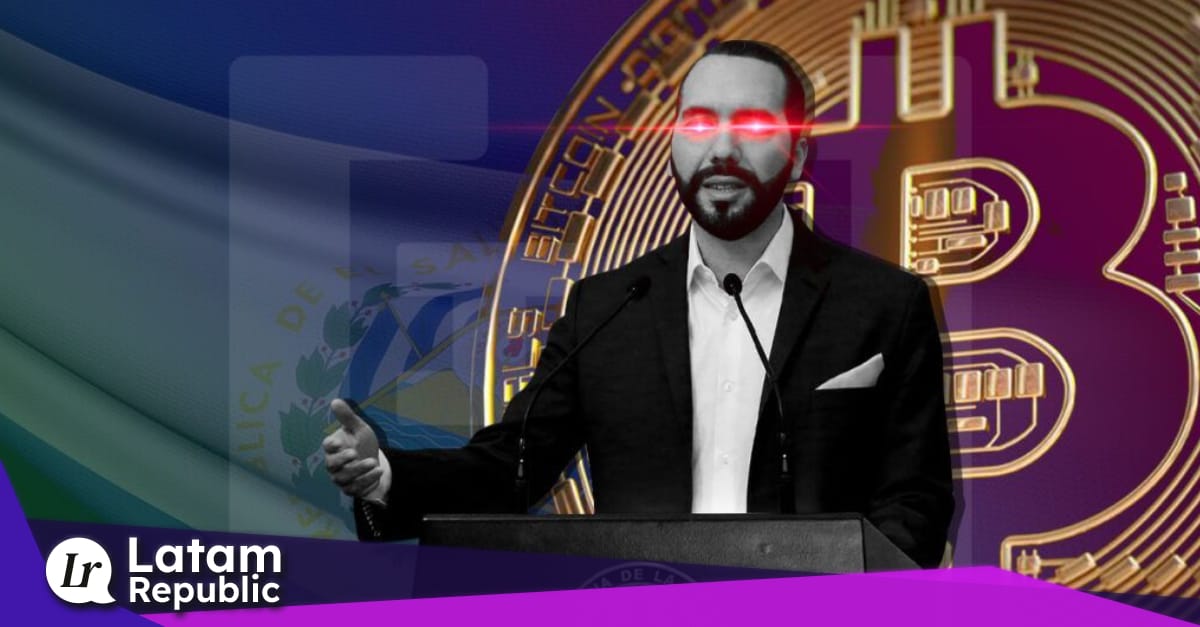The innovative strategy of El Salvador: Becoming a global center of technology and innovation
Nayib Bukele is leading a change in the technology industry by eliminating taxes on technological innovations.

El Salvador is investing in infrastructure development, improving internet connectivity, and establishing specialized technology parks to transform the country into a global hub for technology and innovation.
Additionally, partnerships with educational institutions such as MIT and Stanford are being established to focus on research and talent development.
The president of El Salvador, Nayib Bukele, is leading a change in the technology industry by eliminating taxes on technological innovations such as artificial intelligence, software programming, and hardware manufacturing, to create a tax-free technological paradise. The country's goal is to transform into a global center for technology and innovation, to attract foreign investment and thus create local employment.
An important point to mention is that El Salvador has already adopted Bitcoin as legal tender. This brave and innovative strategy of the country could provide valuable lessons to the United States on how to stay competitive in a constantly evolving technological landscape.
El Salvador's decision to eliminate taxes on technological innovations has created a tax-free technological paradise that is attracting foreign investment from major companies such as Tesla and Google. As a result, the country is on track to become a developing sector in global technology, with incubators and venture capital firms interested in funding promising local tech startups. This development is generating exponential growth in the local economy.
Perhaps you might also be interested in reading: One CMI: innovation, technology, and knowledge
The incorporation of Bitcoin as legal tender in El Salvador has sparked international interest, inspiring local entrepreneurs to provide innovative solutions using blockchain and cryptocurrencies. The implementation of Bitcoin has been like a change agent for new advances in financial technology, including digital wallets, remittance platforms, and alternative lending services.
The Impact of El Salvador's Tax-Free Initiative on the Global Technological Landscape
Meanwhile, the government of El Salvador is investing capital to transform the country into a global center for technology and innovation. In this sense, work is being done to strengthen its infrastructure, including improving Internet connectivity and establishing specialized technology parks. In addition, partnerships have been established with educational institutions such as MIT and Stanford, in order to focus on research and talent development.
Added to the above, educational programs are planned to be introduced in schools and universities to encourage a new generation of technology experts. All of these efforts will contribute to making El Salvador an interesting center for technological innovation.
Would it be possible for the United States to learn from El Salvador's brave initiative? As the world's largest economy, the United States faces political and social challenges that could slow down the implementation of similar legislation. However, it isconsider the benefits of adopting a tax-free perspective, in order to foster technological innovation and maintain competitiveness.
The approach adopted by El Salvador has similarities to the strategies employed by countries such as Estonia and Singapore, who have managed to become world leaders in technology and innovation. Estonia has created a digital society that allows its citizens to carry out most of their transactions online, while Singapore has a highly educated workforce and a government that invests in research and development.
The action of eliminating technological taxes is brave on the part of El Salvador, as it could have a great impact globally. The country's ambition to become a global center for technology and innovation is admirable, and if it succeeds, it could be an example for other countries seeking to transform their economies through technology and innovation.
In an increasingly interconnected and constantly evolving technological world, it is crucial for countries to adapt and innovate to maintain competitiveness. In this sense, El Salvador's bold approach represents a brave and necessary step towards the future.




